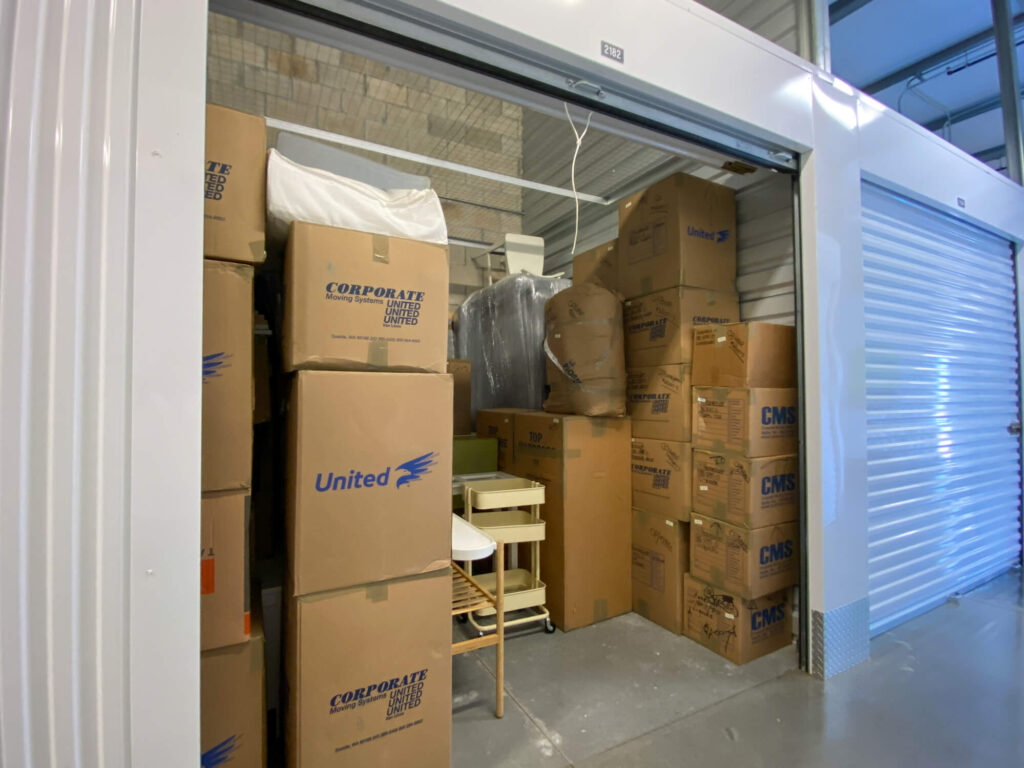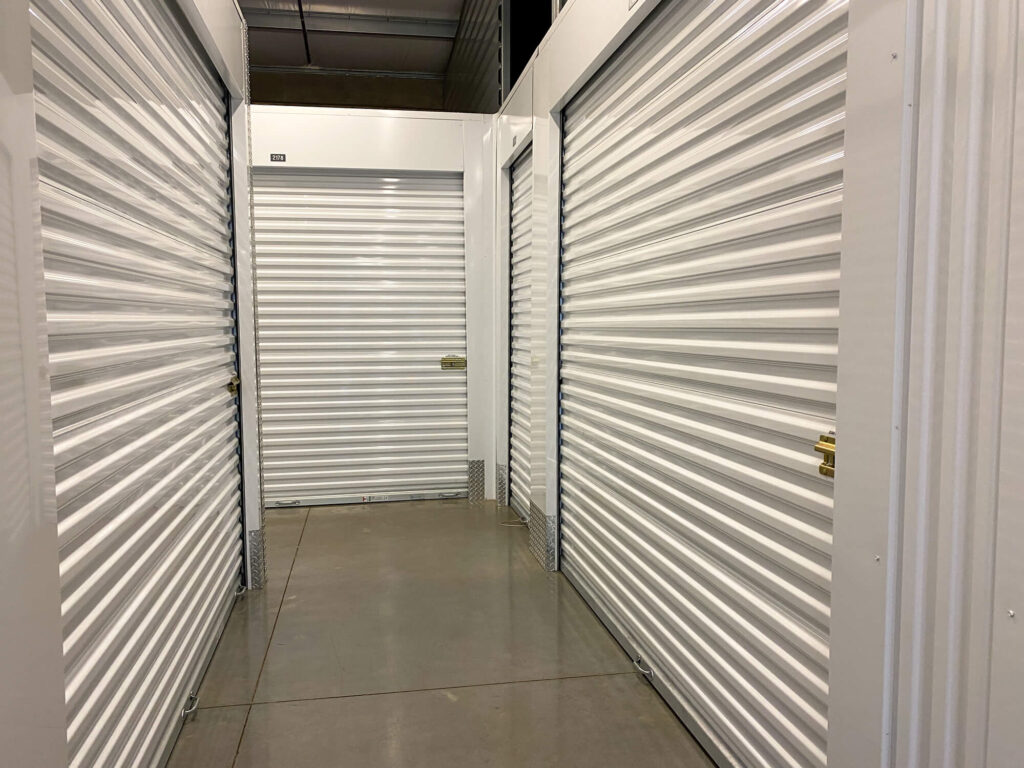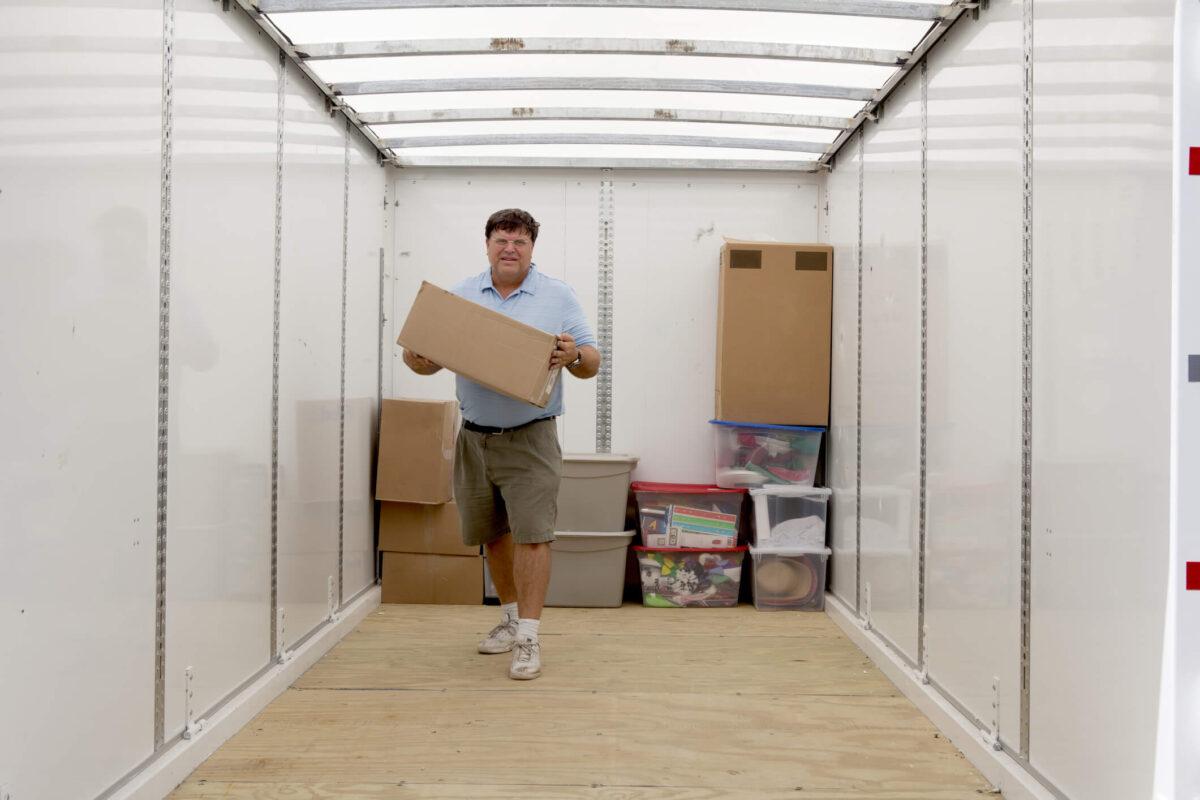In today’s fast-paced world, storage units have become vital resources for individuals and businesses. They offer a convenient solution for storing belongings that don’t fit into our daily living or working spaces. However, failing to adhere to the terms can lead to eviction, like any rental agreement. Storage unit evictions can be stressful and costly, but they are entirely avoidable with proper planning and management.

Avoid Storage Unit Evictions with Ease!
At McDowell Mountain Community Storage in Scottsdale, Arizona, we believe in providing a stress-free storage experience for all our clients. By following these simple tips, you can ensure that your belongings remain safe and secure. Whether you need help understanding your rental agreement, setting up automatic payments, or exploring insurance options, we’re here to assist you every step of the way.
Call us today at McDowell Mountain Community Storage and let our friendly staff help you avoid eviction and maintain peace of mind. Your satisfaction is our priority!

Frequently Asked Questions (FAQs)
Here are some FAQs about how to avoid storage unit evictions:
Q. What steps can I take if I receive an eviction notice for my storage unit?
If you receive an eviction notice for your storage unit, the first step is to review the terms of your rental agreement to understand the reasons for the eviction. Contact the storage facility immediately to discuss the situation and explore potential solutions, such as paying any outstanding fees or renegotiating the terms of your contract. Take prompt action to remove your belongings from the unit before the specified deadline to avoid further complications or loss of property.
Q. How do I ensure I don’t get evicted from my storage unit?
To avoid eviction from your storage unit, make sure to pay your rent on time and in full. Keep the unit clean and organized, following any rules or guidelines set by the facility. Additionally, ensure that your lock is secure at all times to prevent unauthorized access. Regularly review and comply with the terms of your rental agreement to maintain a good standing with the storage facility.


